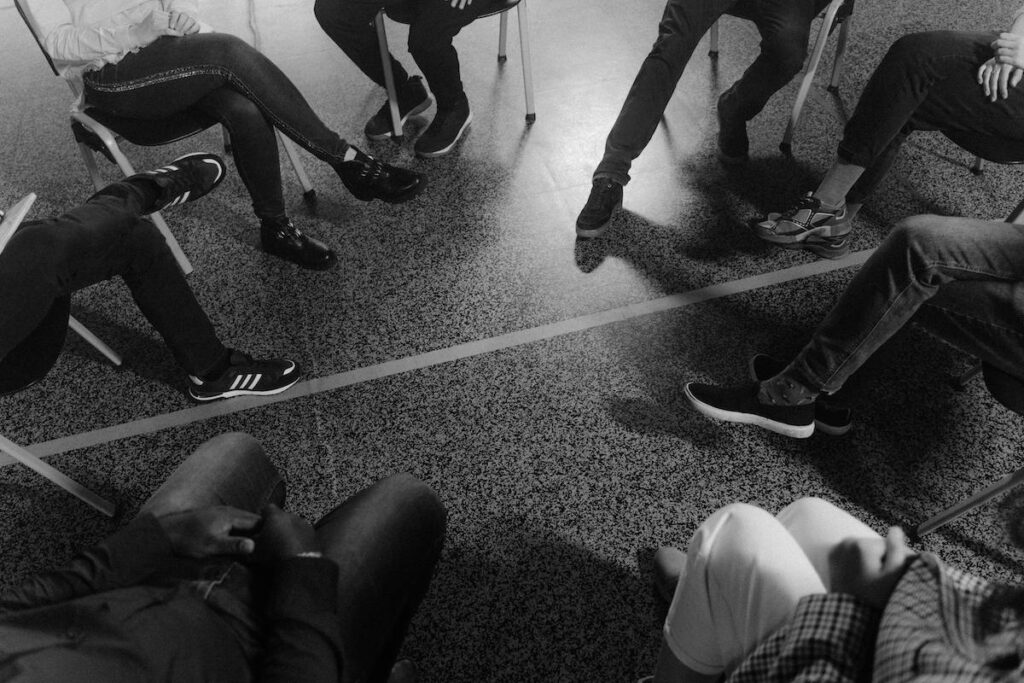Why Group Therapy Matters in Addiction Recovery
Recovery from addiction is often thought of as a deeply personal journey. While this is true, healing doesn’t happen in isolation. One of the most powerful tools in overcoming substance use disorders is the sense of shared experience found in group therapy. For individuals in North Florida seeking support, group therapy for addiction recovery provides connection, accountability, and insight that individual counseling alone may not fully deliver.
Group therapy is a structured treatment setting where individuals meet under the guidance of a trained therapist to discuss struggles, progress, and strategies for change. It can be part of inpatient rehab, a Partial Hospitalization Program (PHP), or an outpatient treatment plan. In all settings, the purpose is the same — to help participants learn from one another while building trust and community.
At The Wave of North Florida, group therapy is integrated into each level of care. We understand that while addiction may isolate individuals from their families, friends, and communities, recovery brings people back into connection. Group therapy is where many people rediscover that connection and begin to feel hope again.
Building Trust Through Shared Experience
One of the most impactful aspects of group therapy is the realization that you are not alone. Addiction can be an incredibly isolating experience. People often feel ashamed, misunderstood, or judged. In a group setting, however, those barriers begin to dissolve. Everyone in the room has faced similar challenges, made similar mistakes, and is working toward similar goals.
This shared understanding forms the foundation for healing. As individuals share their stories, struggles, and victories, they begin to build trust in the group process. Trust fosters openness, and openness leads to growth. Many people who are hesitant to talk about their addiction in a one-on-one setting find that they are more comfortable speaking in a group, surrounded by people who truly understand their experience.
Listening to others also has therapeutic value. Participants often find comfort in hearing someone else articulate feelings they couldn’t yet describe themselves. This kind of validation encourages deeper self-reflection and builds empathy. It reminds each person that while their story is unique, they are not alone in their fight.
How Group Therapy Complements Other Treatment Methods
Group therapy isn’t a stand-alone treatment. Rather, it works best as part of a comprehensive recovery program. At The Wave of North Florida, group therapy sessions are paired with individual counseling, medical support, and holistic therapies. This multifaceted approach addresses both the emotional and physical components of addiction.
Group sessions may focus on a range of themes — from relapse prevention and coping skills to trauma, grief, or relationship issues. Therapists use different modalities, such as Cognitive Behavioral Therapy (CBT), Dialectical Behavior Therapy (DBT), or mindfulness-based approaches. Some groups are gender-specific, while others are mixed, depending on the needs of the participants.
Group therapy also creates structure. Knowing there is a place to show up, be seen, and be heard can provide purpose and routine — two things often missing during active addiction. For those transitioning from more intensive levels of care, ongoing participation in group therapy helps maintain progress and prevent isolation.
The Power of Accountability
Addiction recovery thrives on accountability. In group therapy, individuals learn to take responsibility not only for their recovery but also for how they affect those around them. By regularly checking in with peers, they develop a stronger sense of self-awareness and responsibility.
When someone shares their setbacks or relapses, the group doesn’t judge. Instead, it offers support, encouragement, and sometimes tough love. This dynamic can be incredibly motivating. Knowing that others are watching, listening, and rooting for you can make it easier to stay on track.
Participants also serve as role models for one another. When someone speaks about achieving a milestone — like 30 days sober or rebuilding a broken relationship — it gives others in the group hope. These shared successes create a positive feedback loop, reinforcing the idea that recovery is not just possible, but worth the effort.
Emotional Regulation and Interpersonal Growth
For many people, addiction is closely tied to emotional pain and difficulty managing feelings. Group therapy provides a space to practice emotional regulation in real-time. It challenges participants to sit with discomfort, express themselves appropriately, and respond to others with compassion rather than defensiveness.
This environment also encourages the development of healthier communication skills. Many individuals in early recovery struggle with setting boundaries, asserting themselves, or trusting others. Group therapy becomes a practice ground where they can experiment with new ways of interacting in a safe, supportive space.
Over time, these skills begin to generalize to everyday life. Participants become better equipped to handle conflict, resist peer pressure, and build meaningful relationships — all of which are key to long-term sobriety.
Who Benefits Most from Group Therapy?
Group therapy is effective for people at all stages of recovery. Those just beginning their journey often find it useful for gaining perspective and support, while individuals in later stages may use it to maintain progress and prevent relapse.
It can be especially helpful for individuals who feel isolated or disconnected from friends and family. Group therapy helps restore a sense of community and belonging. For some, it becomes a core source of emotional support during early recovery.
Group therapy is also valuable for those struggling with co-occurring mental health conditions. Anxiety, depression, trauma, and mood disorders are common among individuals with substance use issues. Being in a group helps reduce the stigma of mental health struggles while offering tools to manage them.
Why North Florida Residents Are Turning to Group Therapy
In North Florida, access to quality addiction treatment has expanded in recent years, and group therapy has become a cornerstone of many programs. Residents from Lake City, Gainesville, Tallahassee, and Jacksonville are choosing structured programs that include group work because it offers more than just symptom relief. It provides connection, insight, and growth.
The Wave of North Florida is proud to be part of that movement. We offer a wide range of group therapy sessions in our Partial Hospitalization Program (PHP), Intensive Outpatient Program (IOP), and aftercare planning. Our experienced therapists are trained to facilitate meaningful, respectful, and impactful discussions that foster healing.
While every person’s recovery journey is different, group therapy is one of the few experiences that benefit nearly everyone. It gives voice to the voiceless, strength to the struggling, and courage to those just beginning to believe in change.
Getting Started with Group Therapy at The Wave
If you or a loved one is considering treatment, group therapy is likely to be a key component. At The Wave of North Florida, we begin with an individualized assessment to determine the right level of care. From there, clients are introduced to group sessions that match their clinical needs and personal goals.
Many new clients express anxiety about their first group meeting. That’s normal. Our facilitators create a welcoming and nonjudgmental environment where everyone has the right to pass, listen, or share at their own pace. Over time, most participants find that group therapy becomes a highlight of their recovery.
You don’t have to face addiction alone. In fact, you shouldn’t. Group therapy offers something uniquely powerful — the ability to heal together. When people come together with shared purpose, support, and honesty, real transformation happens.
Let The Wave of North Florida help you take that first step. Reach out today to learn more about our programs and how group therapy can be part of your recovery journey.



